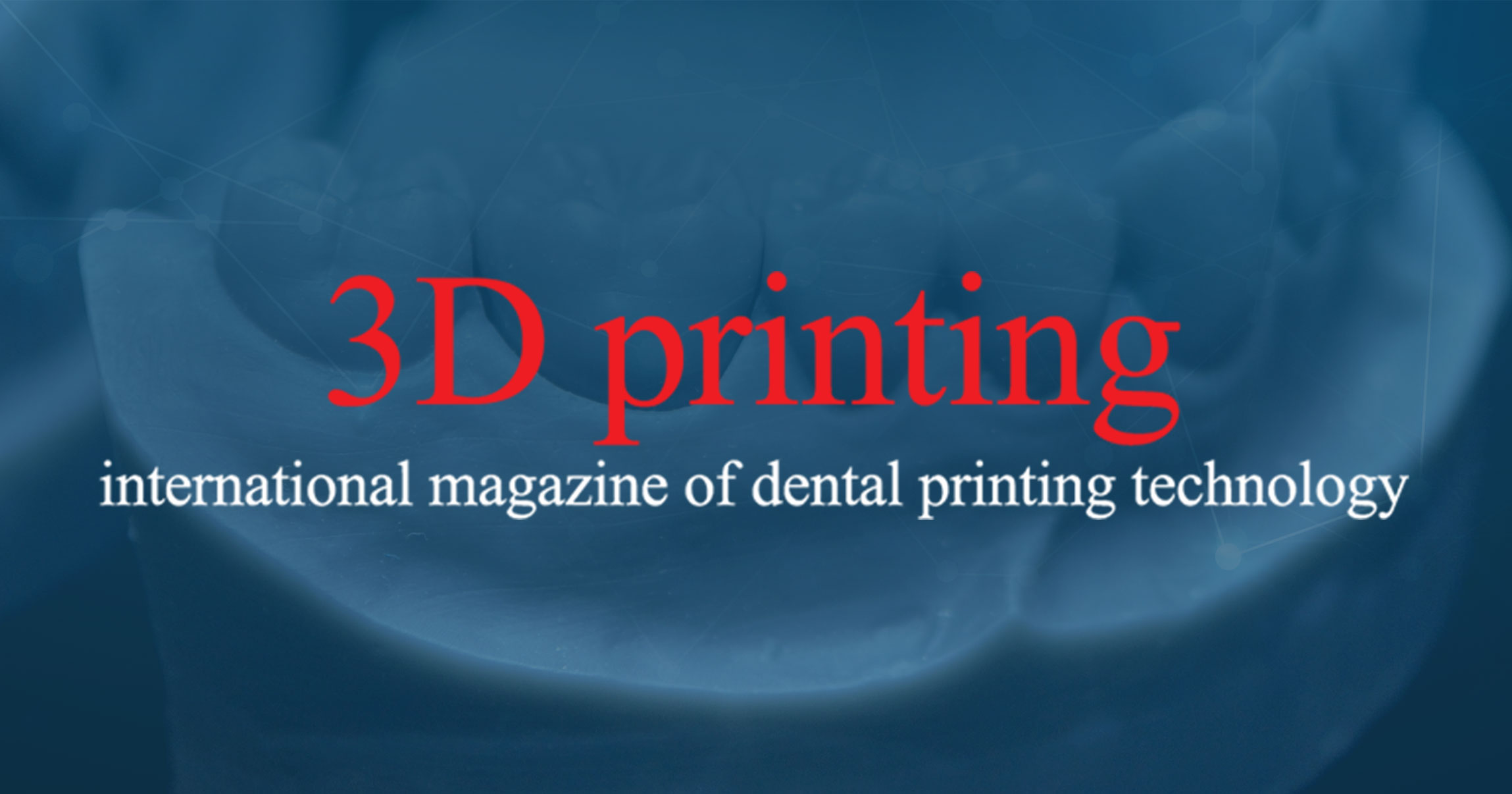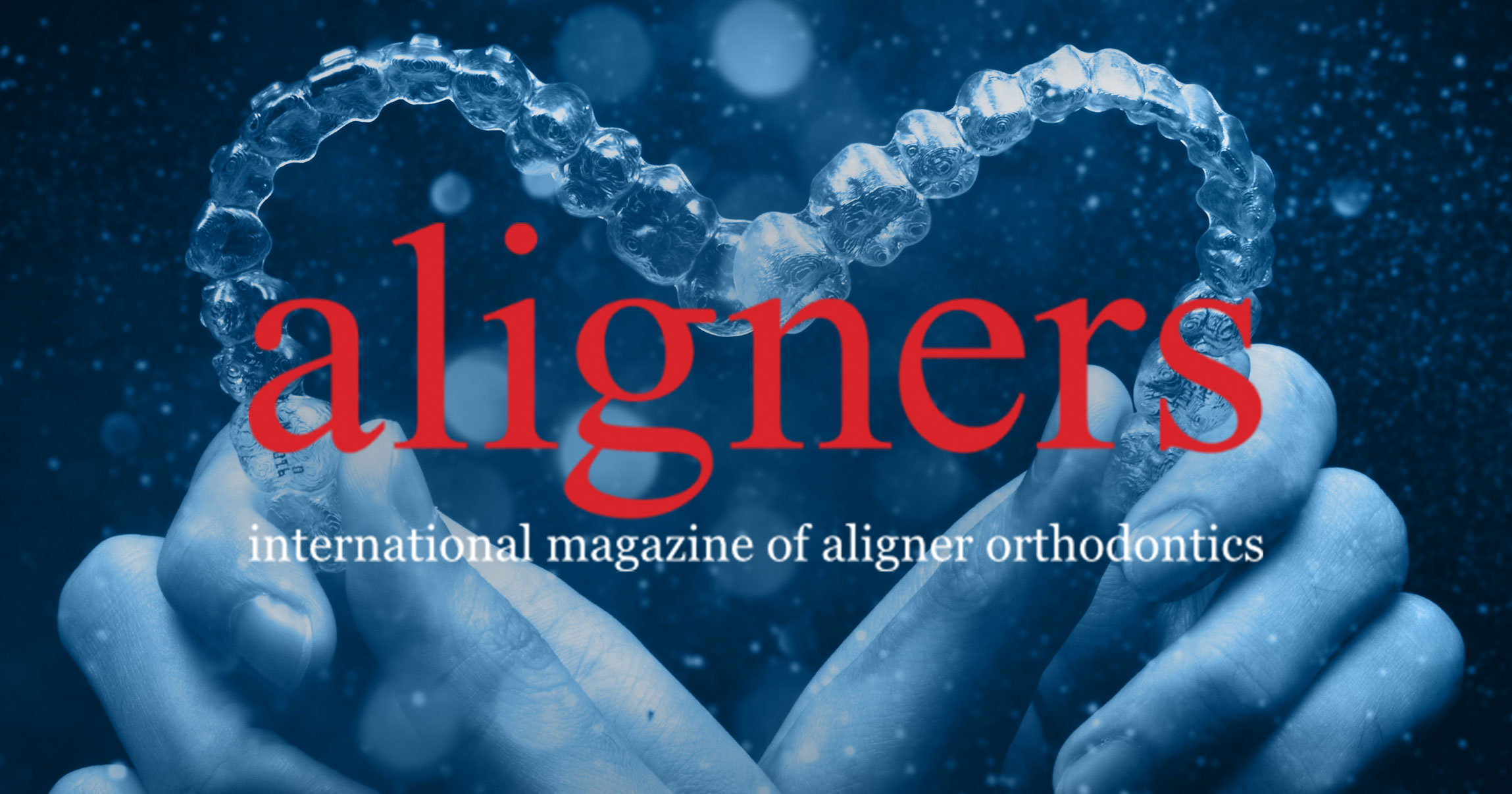The use of antibiotics is essential in modern medical treatments, yet frequent misuse has reduced their effectiveness. This year’s World Antibiotic Awareness Week (WAAW), held from 14 to 20 November, sought to increase public understanding of the issue. Dental Tribune Online spoke with Dr Paul Sambrook, Chairman of the Dental Therapeutics Committee of the Australian Dental Association (ADA), about WAAW’s purpose and what dental professionals can do to combat antimicrobial resistance.
Dental Tribune Online: What is the primary goal of WAAW?
Dr Paul Sambrook: The aim of the WAAW is to increase awareness of global antibiotic resistance and to encourage best practices among the general public, prescribers and policymakers to avoid the further emergence and spread of antibiotic resistance.
How widespread of a problem is misuse or overuse of antibiotics in Australia?
Dentists prescribe less than 3 per cent of all antibiotics prescribed in Australia. However, information from NPS MedicineWise states that Australia has one of the highest prescription rates globally, with around 29 million prescriptions issued each year—more than one per person on average. Antibiotic resistance is a serious health issue already present in our community. Without antibiotics, infections that were once easily treated may once again kill.
If we do not address antibiotic resistance, by 2050 up to ten million people may die every year from untreatable infections.
How did the ADA encourage involvement during WAAW?
The continuing theme of “Antibiotics: Handle with care” for this year’s WAAW is highly relevant for dentistry. People with dental problems sometimes think that popping a painkiller or seeing their doctor for antibiotics is the best response rather than having a proper examination by their dentist.
The ADA has been doing its part to address the problem of antibiotic resistance by advising members through informational articles in its regular publications and website. ADA members have access to a highly experienced clinical pharmacist, Dr Geraldine Moses, from whom they can seek expert advice on prescribing. We also provide members with a copy of the dental and oral therapeutic guidelines, which provide reliable and independent therapeutic information to assist in making the best decisions for patients in a dental setting.
How can dental professionals help minimise the risk of increasing antimicrobial resistance?
The first response to dental problems must always be accurate assessment by a dentist who can deal with the cause, not just the symptoms. That is our message to patients.
We urge dental professionals to use the opportunity to educate their patients about how to address dental problems they have pre- and post-treatment and where antibiotics do or do not fit in their particular case.
To ensure that dental professionals are prescribing antibiotics in line with best practice, ADA members can use services such as PharmaAdvice and the afore-mentioned therapeutic guidelines.
Thank you very much for the interview.



 奥地利 / Österreich
奥地利 / Österreich
 波黑 / Босна и Херцеговина
波黑 / Босна и Херцеговина
 保加利亚 / България
保加利亚 / България
 克罗地亚 / Hrvatska
克罗地亚 / Hrvatska
 捷克共和国 / Česká republika & Slovensko
捷克共和国 / Česká republika & Slovensko
 芬兰 / Suomi
芬兰 / Suomi
 法国 / France
法国 / France
 德国 / Deutschland
德国 / Deutschland
 希腊 / ΕΛΛΑΔΑ
希腊 / ΕΛΛΑΔΑ
 意大利 / Italia
意大利 / Italia
 荷兰 / Nederland
荷兰 / Nederland
 斯堪的纳维亚 / Nordic
斯堪的纳维亚 / Nordic
 波兰 / Polska
波兰 / Polska
 葡萄牙 / Portugal
葡萄牙 / Portugal
 罗马尼亚 / România & Moldova
罗马尼亚 / România & Moldova
 斯洛文尼亚 / Slovenija
斯洛文尼亚 / Slovenija
 塞尔维亚和黑山 / Србија и Црна Гора
塞尔维亚和黑山 / Србија и Црна Гора
 西班牙 / España
西班牙 / España
 瑞士 / Schweiz
瑞士 / Schweiz
 土耳其 / Türkiye
土耳其 / Türkiye
 英国和爱尔兰 / UK & Ireland
英国和爱尔兰 / UK & Ireland
 国际版 / International
国际版 / International
 巴西 / Brasil
巴西 / Brasil
 加拿大 / Canada
加拿大 / Canada
 拉丁美洲 / Latinoamérica
拉丁美洲 / Latinoamérica
 美国 / USA
美国 / USA
 印度 / भारत गणराज्य
印度 / भारत गणराज्य
 日本 / 日本
日本 / 日本
 巴基斯坦 / Pākistān
巴基斯坦 / Pākistān
 越南 / Việt Nam
越南 / Việt Nam
 东盟 / ASEAN
东盟 / ASEAN
 以色列 / מְדִינַת יִשְׂרָאֵל
以色列 / מְדִינַת יִשְׂרָאֵל
 Algeria, Morocco & Tunisia / الجزائر والمغرب وتونس
Algeria, Morocco & Tunisia / الجزائر والمغرب وتونس
 中东 / Middle East
中东 / Middle East
:sharpen(level=0):output(format=jpeg)/up/dt/2023/09/Study-evaluates-whether-AI-can-craft-a-universally-aesthetically-pleasing-restoration.jpg)
:sharpen(level=0):output(format=jpeg)/up/dt/2023/08/China-releases-pent-up-demand-boosting-second-quarter-financial-results_1.jpg)
:sharpen(level=0):output(format=jpeg)/up/dt/2023/08/3Shape-TRIOS-5-wins-Cellerant-Best-of-Class-Hygiene-Award.jpg)
:sharpen(level=0):output(format=jpeg)/up/dt/2023/08/Research-suggests-CBCT-data-can-help-create-patient-specific-scaffolds-for-periodontal-tissue-regeneration.jpg)
:sharpen(level=0):output(format=jpeg)/up/dt/2023/08/Researchers-developing-novel-AI-platform-for-dental-disease-identification.jpg)







:sharpen(level=0):output(format=png)/up/dt/2022/02/shining-3d-logo-02.png)
:sharpen(level=0):output(format=png)/up/dt/2014/02/3shape.png)
:sharpen(level=0):output(format=png)/up/dt/2013/04/Dentsply-Sirona.png)
:sharpen(level=0):output(format=png)/up/dt/2014/02/MIS.png)
:sharpen(level=0):output(format=png)/up/dt/2023/07/DirectaDentalGroup_Logo_2023_03_2lines_lowres.png)
:sharpen(level=0):output(format=png)/up/dt/2022/06/RS_logo-2024.png)
:sharpen(level=0):output(format=jpeg)/up/dt/e-papers/323613/1.jpg)
:sharpen(level=0):output(format=jpeg)/up/dt/e-papers/320439/1.jpg)
:sharpen(level=0):output(format=jpeg)/up/dt/2022/08/DTCHI_0322_FINAL.jpg)
:sharpen(level=0):output(format=jpeg)/up/dt/e-papers/307114/1.jpg)
:sharpen(level=0):output(format=jpeg)/up/dt/e-papers/302868/1.jpg)
:sharpen(level=0):output(format=jpeg)/up/dt/e-papers/295582/1.jpg)
:sharpen(level=0):output(format=jpeg)/up/dt/2017/01/3b4bdd91b6b2209a3bb2463568ec6db2.jpg)

:sharpen(level=0):output(format=jpeg)/up/dt/2023/09/Study-evaluates-whether-AI-can-craft-a-universally-aesthetically-pleasing-restoration.jpg)
:sharpen(level=0):output(format=gif)/wp-content/themes/dt/images/no-user.gif)
:sharpen(level=0):output(format=jpeg)/up/dt/2023/03/IDS2023a.jpg)
:sharpen(level=0):output(format=jpeg)/up/dt/2017/01/fb9bf1016bcbdfdc27090c7da67f4fa9.jpg)
:sharpen(level=0):output(format=jpeg)/up/dt/2021/07/500_Koelnmesse_005RE.jpg)
:sharpen(level=0):output(format=jpeg)/up/dt/2019/03/IDS-2019-declared-open-for-business.jpg)
:sharpen(level=0):output(format=jpeg)/up/dt/2021/07/meeting1.jpg)
:sharpen(level=0):output(format=jpeg)/up/dt/2021/08/groujpgre.jpg)
:sharpen(level=0):output(format=jpeg)/up/dt/2021/02/Interview-Increased-commercialism-and-overtreatment-in-dentistry-1188x668-.jpg)
:sharpen(level=0):output(format=jpeg)/up/dt/2019/08/67898045_594006071127459_4643762638080180224_n.jpg)
:sharpen(level=0):output(format=jpeg)/up/dt/2017/09/Dr-Rajiv-Saini-iloveimg-resized.jpg)
:sharpen(level=0):output(format=jpeg)/up/dt/2021/09/Fig_20_IDS-press-conference_-GFDI_Thomas-Klerx-2000x1125-.jpg)
:sharpen(level=0):output(format=jpeg)/up/dt/2017/04/IDS-2017-entrance-crowd.jpg)
















:sharpen(level=0):output(format=jpeg)/up/dt/2023/09/Study-evaluates-whether-AI-can-craft-a-universally-aesthetically-pleasing-restoration.jpg)
:sharpen(level=0):output(format=jpeg)/up/dt/2023/08/China-releases-pent-up-demand-boosting-second-quarter-financial-results_1.jpg)
:sharpen(level=0):output(format=jpeg)/up/dt/2023/08/3Shape-TRIOS-5-wins-Cellerant-Best-of-Class-Hygiene-Award.jpg)
:sharpen(level=0):output(format=jpeg)/up/dt/e-papers/320439/1.jpg)
:sharpen(level=0):output(format=jpeg)/up/dt/2022/08/DTCHI_0322_FINAL.jpg)
:sharpen(level=0):output(format=jpeg)/up/dt/e-papers/307114/1.jpg)
:sharpen(level=0):output(format=jpeg)/up/dt/e-papers/302868/1.jpg)
:sharpen(level=0):output(format=jpeg)/up/dt/e-papers/295582/1.jpg)
:sharpen(level=0):output(format=jpeg)/up/dt/e-papers/323613/1.jpg)
:sharpen(level=0):output(format=jpeg)/up/dt/e-papers/323613/2.jpg)



